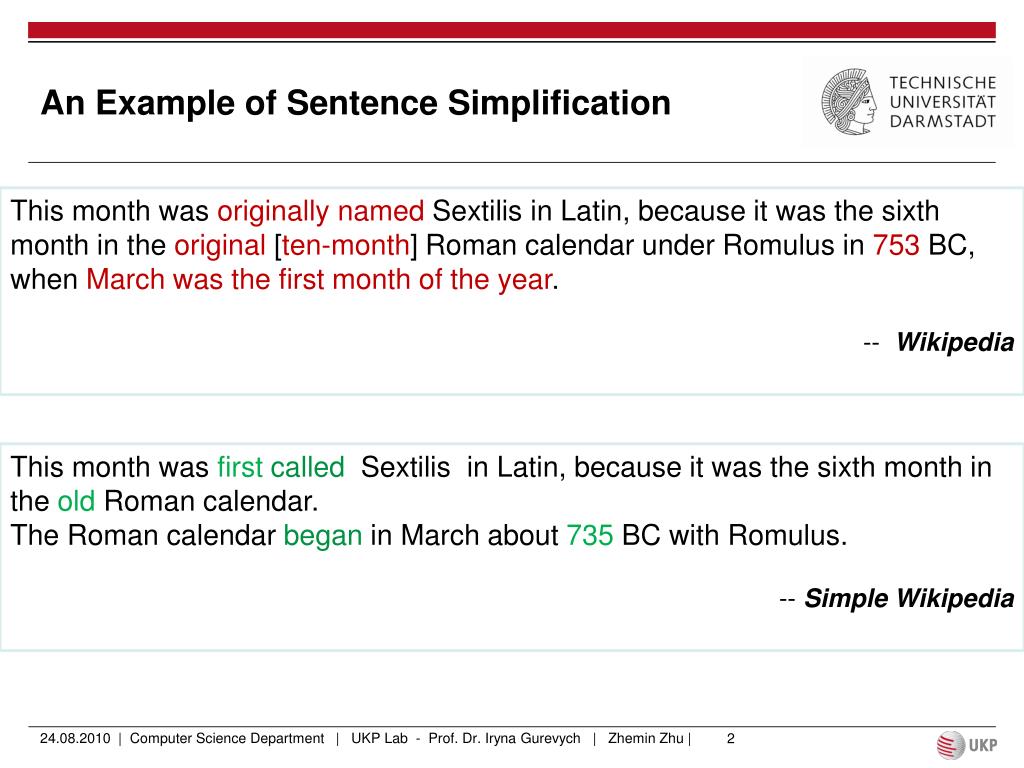

The prevalence of autism worldwide has risen steadily in the last two decades, while bilingualism is also becoming increasingly prevalent in today's rapidly globalizing world. The school-age monolingual and bilingual TLD children reached different cut-off scores on this task.

Results showed that the Greek SRT had very high validity and reliability scores, with Accuracy measures being more reliable than Grammaticality measures. Since most language assessments are standardized with monolinguals and bilingual children tend to underperform on these compared to monolinguals, it is essential to establish the level of bilingual TLD children’s ability on the same tests before moving on to diagnose language impairment in bilinguals. This is the first study to report on the psychometric evaluation of a Greek SRT and its discriminatory ability with typical populations. This study provides a preliminary validation of a Greek Sentence Repetition Task (SRT) with a sample of 110 monolingual and bilingual typically developing (TLD) children and examines the test’s ability to distinguish between Greek monolingual children and age-matched Albanian-Greek bilinguals using a Receiver Operating Characteristics (ROC) analysis. We attribute this outcome to the fact that monoliterate bilingual children do not rely on their fluid cognitive resources to perform the task, but instead rely on language proficiency (indicated by expressive vocabulary) while performing the SR. The results also demonstrate that updating and visuospatial working memory significantly predicted monolingual children's SR accuracy scores, whereas Greek vocabulary predicted the performance of our monoliterate bilingual children in the same task. The findings did not indicate any bilingual advantage in cognitive performance. However, monolinguals outperformed the monoliterate bilinguals in SR accuracy, as well as in the visuospatial working memory and updating tasks. The findings demonstrate that the two groups performed similarly in the grammaticality scores of the SR.

Participants were two groups of 35 children, 8-12 years of age: one group consisted of Albanian-Greek monoliterate bilingual children and the other of Greek monolingual children attending a monolingual-Greek educational setting. The present study examined whether monoliterate bilingual children differ from their monolingual (and monoliterate) peers in SR accuracy and cognitive tasks, and investigated links between vocabulary, updating, verbal and visuospatial working memory and SR performance in the same children. Sentence repetition (SR) tasks have been extensively employed to assess bilingual children's linguistic and cognitive resources.


 0 kommentar(er)
0 kommentar(er)
